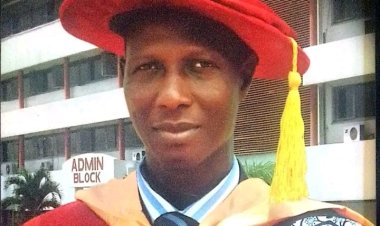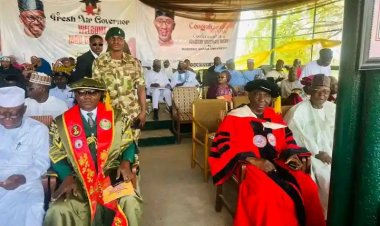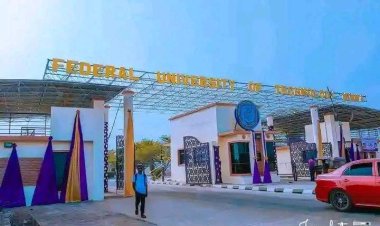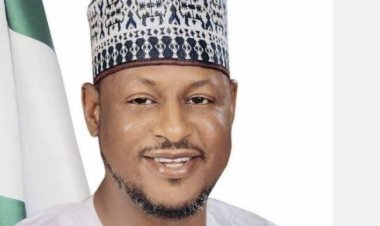Odumeje Dismisses Political Science, History as 'Useless Courses' – Advises Students to Rethink Their Choices
Speaking to an audience, he urged students to reconsider studying subjects like political science, history, microbiology, and sociology, claiming that these courses hold little practical value unless one has political or governmental connections.

In a bold and controversial statement, Nigerian cleric and entertainer Odumeje has sparked debate over the value of certain academic disciplines. Speaking to an audience, he urged students to reconsider studying subjects like political science, history, microbiology, and sociology, claiming that these courses hold little practical value unless one has political or governmental connections.
“All these poor people, if your father does not have any connection in politics or government, don’t go to school and begin to study political science, history, microbiology, and sociology. These are useless courses. What are you doing with them?” Odumeje declared.
His remarks quickly spread across social media, drawing mixed reactions. While some critics dismissed his comments as misguided, others pointed out the harsh realities of unemployment and underemployment among graduates of such disciplines. Many argued that while these fields contribute significantly to society, their job prospects in Nigeria can be challenging without strategic career planning.
Education experts and professionals from various sectors weighed in, highlighting the importance of a well-rounded education system. A political science lecturer from Lagos University responded, saying, “Education in any field provides critical thinking and analytical skills. While job opportunities might vary, dismissing entire disciplines is shortsighted.”
Despite the controversy, Odumeje’s comments have reignited conversations about the relevance of certain university courses in a rapidly evolving job market. As students and educators engage in this debate, questions remain: Should academic institutions place greater emphasis on career-oriented programs? Is there a need for educational reform to align courses with Nigeria’s economic demands?
Odumeje's views, whether accepted or rejected, have undeniably touched on a key issue—how young Nigerians navigate their educational paths in an unpredictable employment landscape.
What do you think—are some courses truly "useless," or do they still hold significant value?





